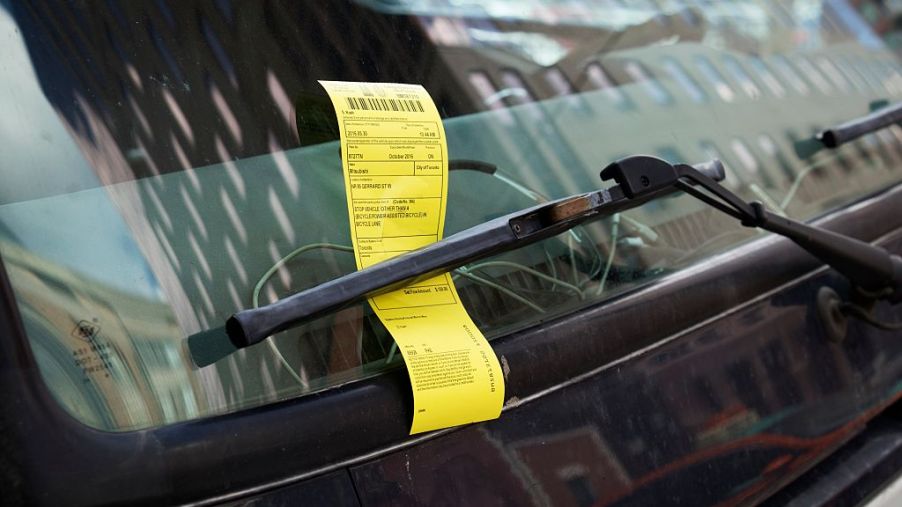
These Car-Related Court Cases Could Change the Way We Park and Drive
Despite being everywhere, cars are still relatively new to history. Laws about vehicles and driving are constantly evolving. Two recent court cases have been settled, and they will affect how we drive and park. Here’s a brief overview of those two cases.
Flipping the bird at the cops
This case happened two years ago and it’s a simple case of a woman flipping the bird at a cop. The woman was pulled over for speeding. The cop decided to go easy on her and give her a non-moving violation. This violation happens when your car isn’t moving.
When the cop let the woman go, she flipped him the bird as she drove off. The woman didn’t get far before the cop pulled her over again and changed the ticket to a moving violation. A moving violation is more severe than a non-moving violation. As the name entails, it involves cars that are moving.
The woman drove off again and then sued the cop for breaching her first amendment right to free speech. She claimed that flipping the bird at him was legally protected by the constitution and he couldn’t pull her over and punish her for the act.
The cop didn’t disagree with the facts the woman presented, but he did ask the court to dismiss the case. The courts, even after appeals, sided with the woman, saying it was her right to flip the bird at him and he couldn’t punish her for it.
But not in front of others
However, legal experts went on to say that what the woman did was okay because she was alone with the cop. If she had flipped him the bird in front of even one other person, then what the cop did was perfectly legal.
The reason for this has to do with things like disorderly conduct and breach of peace. So, as long as you’re flipping the bird to a cop with no witnesses, then it’s perfectly legal according to experts. Regardless, we don’t recommend you act rude to the police.
Chalking a car
Another case that involved the police and cars had to do with chalking. This is when traffic enforcement officers marked car tires with chalk to see whether those cars are parking for too long. And, of course, if they find the car is parked for too long, then they’ll give out a parking ticket.
The courts ruled that, just like the police putting a GPS on someone’s car, chalking requires a warrant. Unlike putting a GPS on cars though, there is no public safety element, which is a big factor in getting warrants. The traffic police are just chalking cars largely to make money for the city. So with this decision, chalking will not only go away, but it can change how we park, too.
That said, here are some legal clarifications. The case isn’t settled as of yet, but the court’s decision is pretty clear. Many states will likely start revising laws about chalking, so no matter how the case gets settled, it will likely affect the parking laws of many states.
The police will likely develop a new way to see if a car’s been parked for too long, but without chalking, the process just got much harder. This doesn’t mean you should park carelessly though — it’s still illegal. It just means it’ll be much harder for the traffic enforcement officers to tell if your car’s violated those parking rules.



